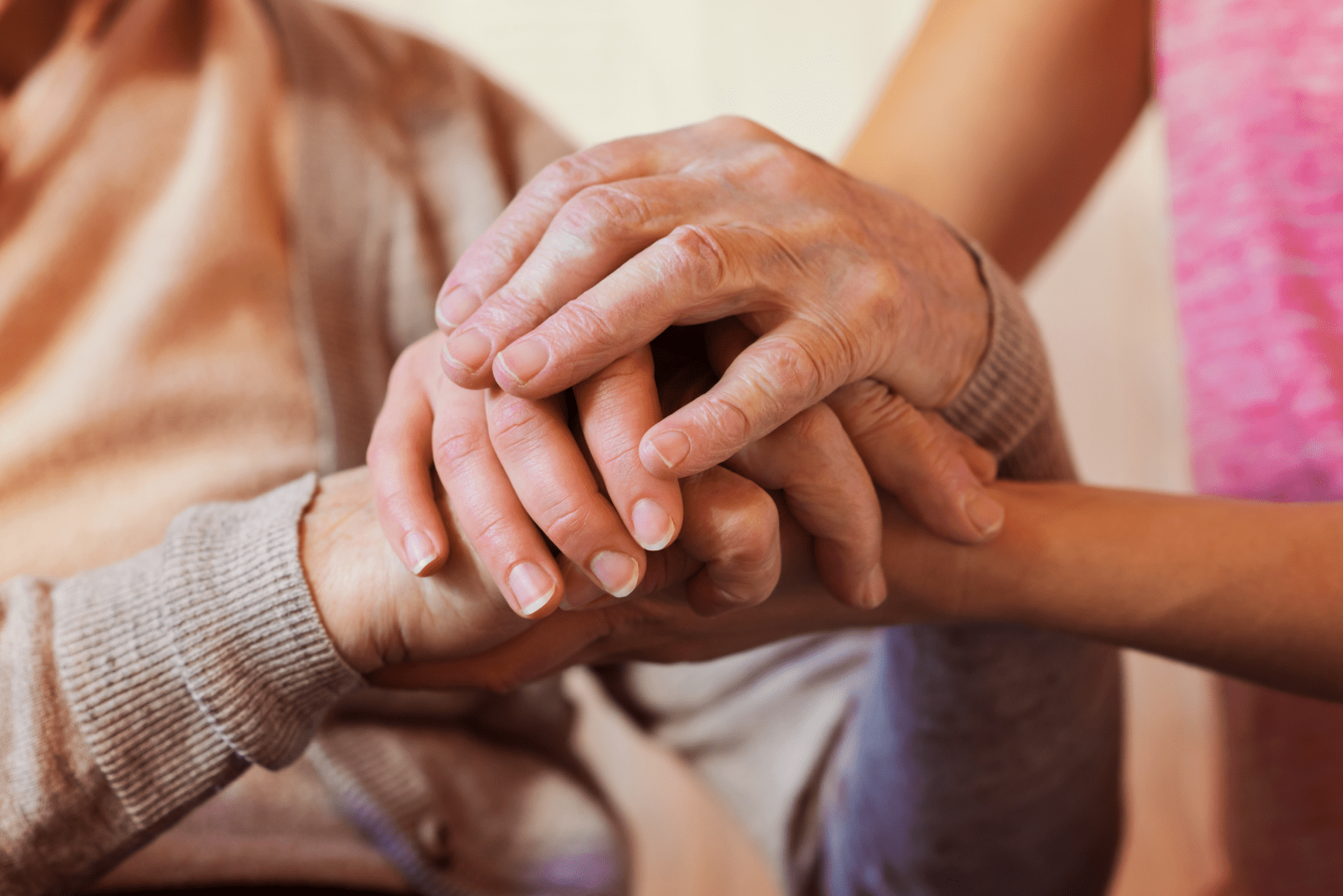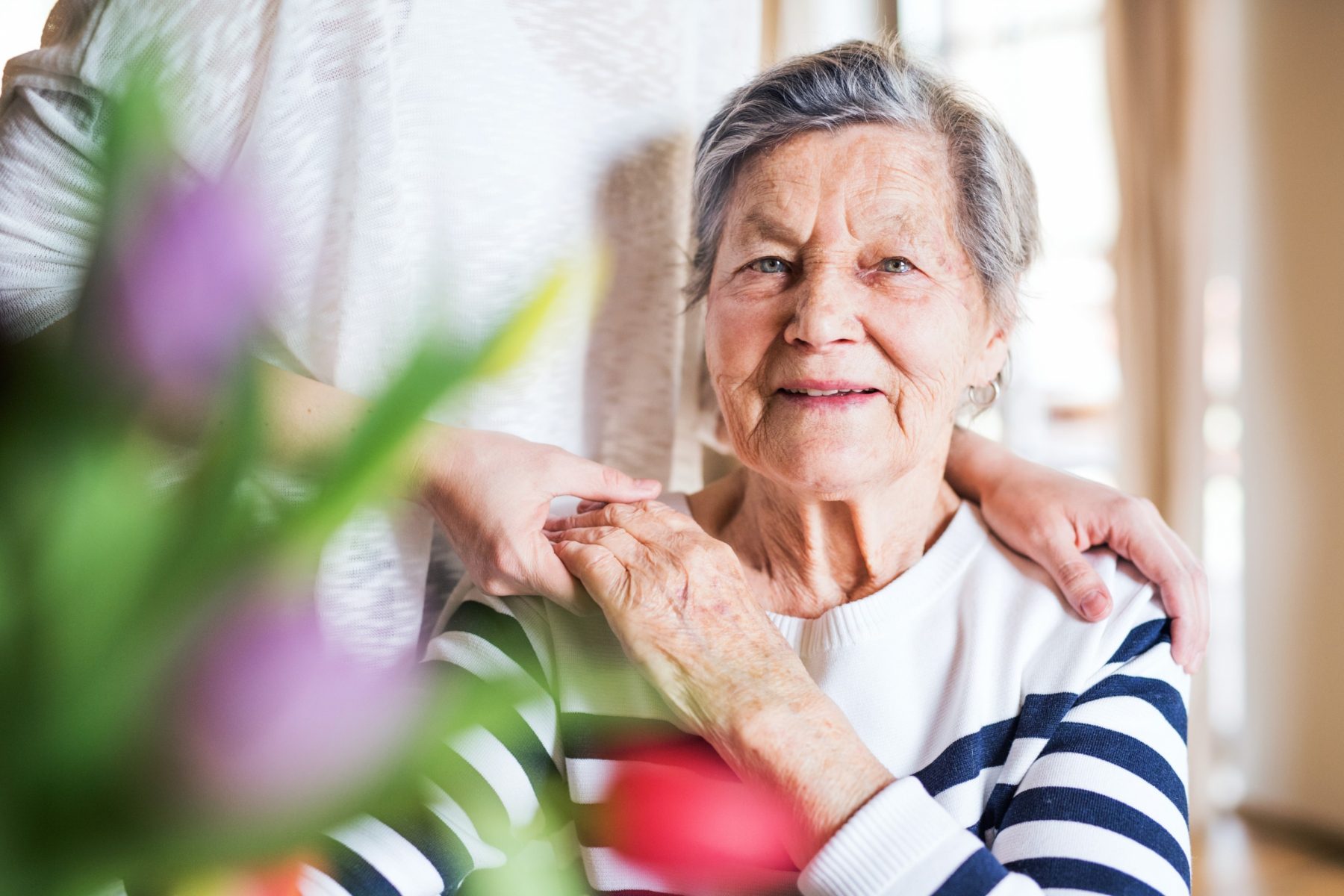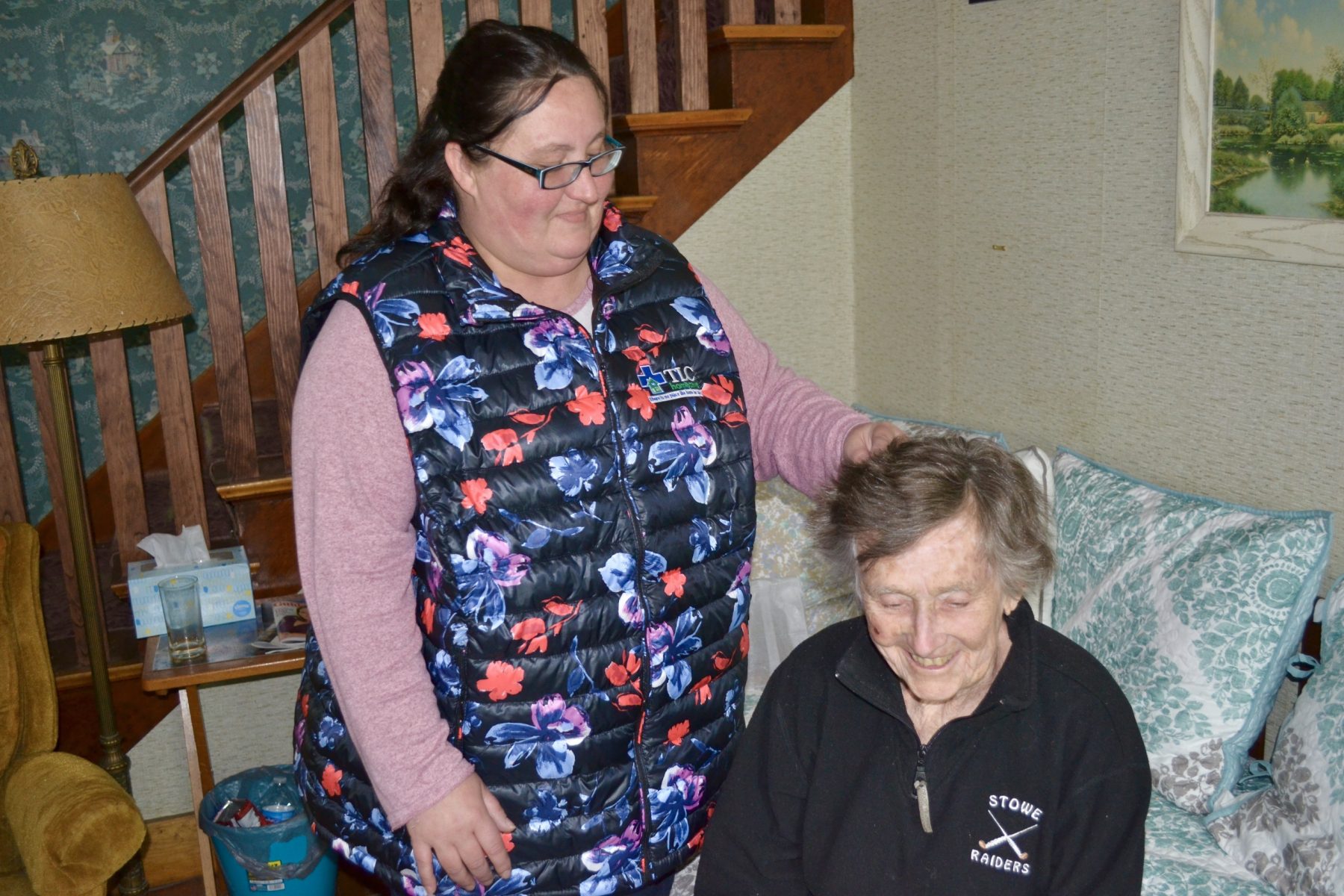Home Healthcare’s Role in Helping with Parkinson’s
Parkinson’s is a terrible disease in which a patient is a balance, mobility of arm or hand, and developing a tremor. Parkinson’s is not a fatal disease, but it does make doing everyday things a little more challenging for some people.
Homecare for Patients who are living with Parkinson’s
Because it is a disease that progresses over time, it can be challenging for the family and the caregiver. The caregiver’s role is to help the patient cope with the news of the disease. They are to do day to day tasks with them, helping them move their limbs affected by the illness, but as the ailment progresses, it does become more problematic for that caregiver.
Beginning of Parkinson’s: Signs and How the Caregiver will Treat it
In the early stages of this disease, there are minor inconveniences that the caregiver and the loved one will face. They will be teaching that patient on what medications to take and how to manage them. Caregivers will suggest support from other loved ones to help the patient feel more at ease with this new diagnosis.
Mid-Stages of Parkinson’s: Signs and How the Caregiver will Treat it
In the mid-stages of Parkinson’s, a home care provider’s responsibilities and burdens increase tremendously. Daytime sleepiness and fatigue will interrupt daily plans, and frustrations grow around communication. In the late stages of the disease, the responsibility and challenges are very significant.
The Late-Stages of Parkinson’s: Signs and How the Caregiver will Treat it
The late stages of PD are probably the most difficult for caregivers. Mobility is at its most demanding, and caregivers must provide hands-on assistance. There could be episodes of sudden stiffness and inability to move. There will be moments of forgetfulness and confusion.
Conclusion
When your loved one is being cared for Parkinson’s, it is best to have a well-trained, knowledgeable, and adaptable caregiver. TLC Home Care can provide well- trained individuals who have worked with other patients who have had Parkinson’s before.









